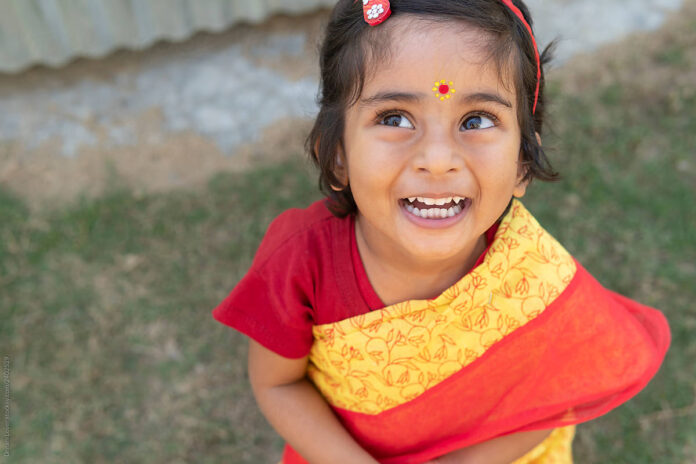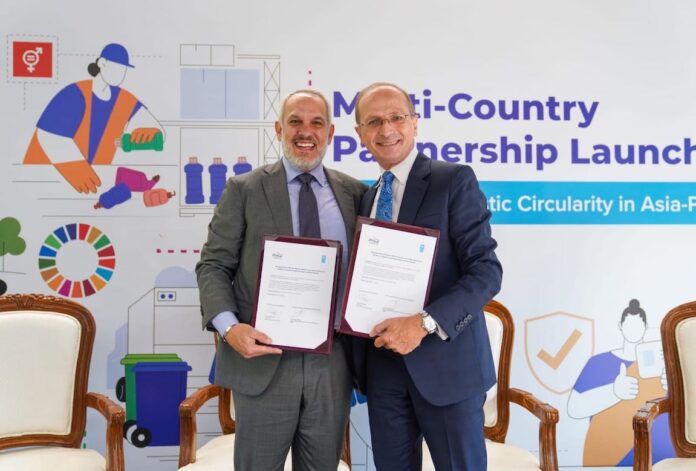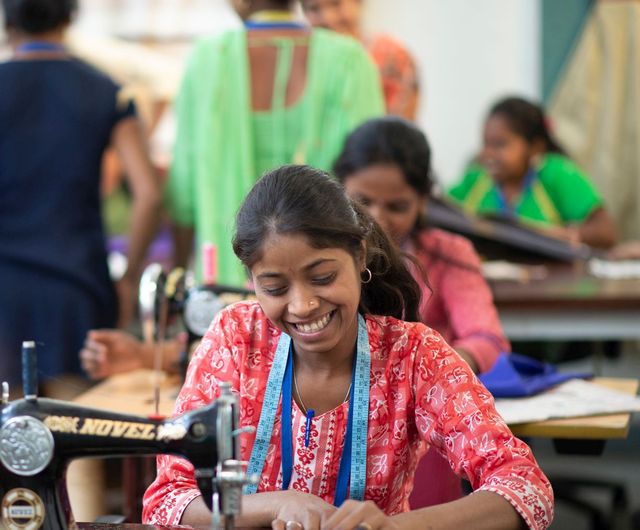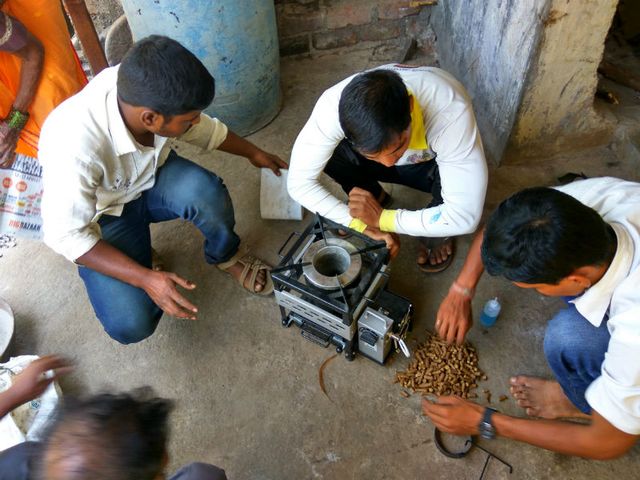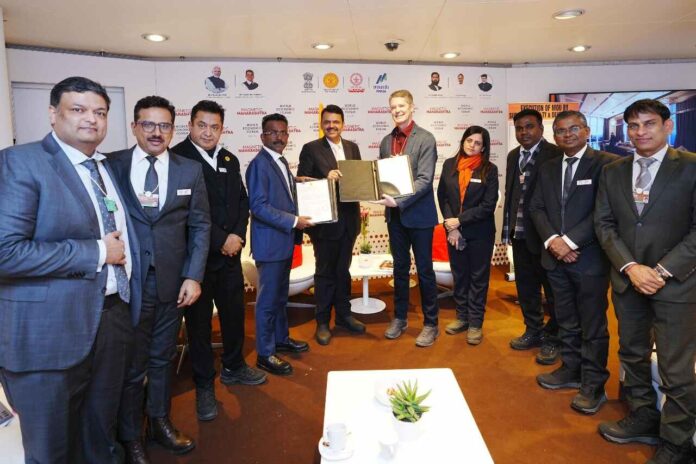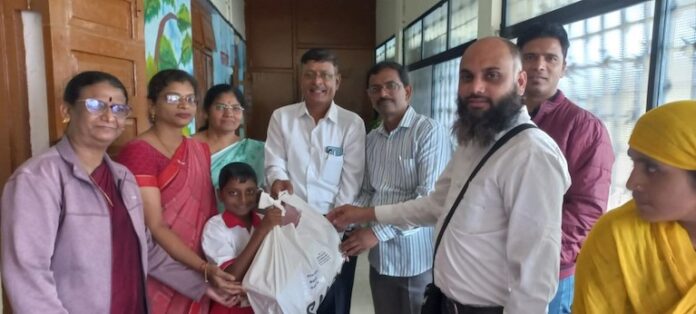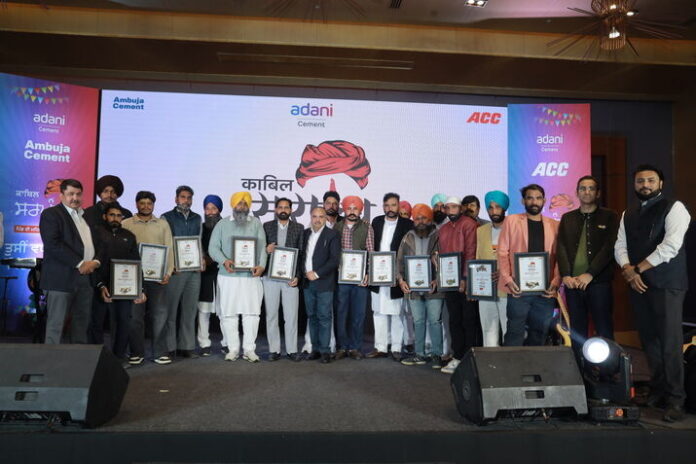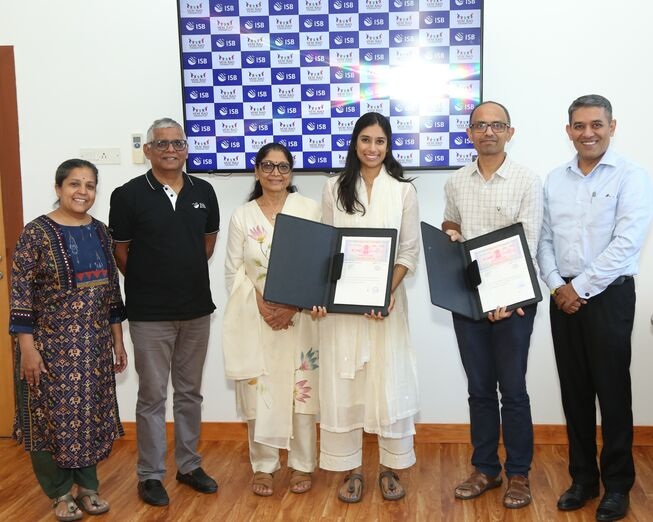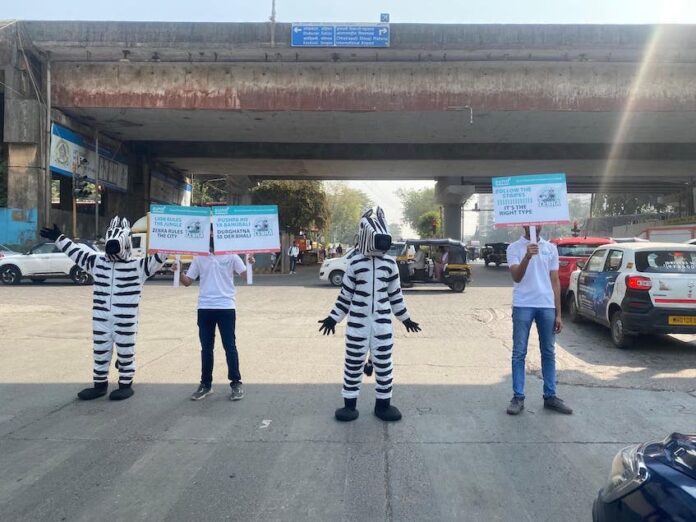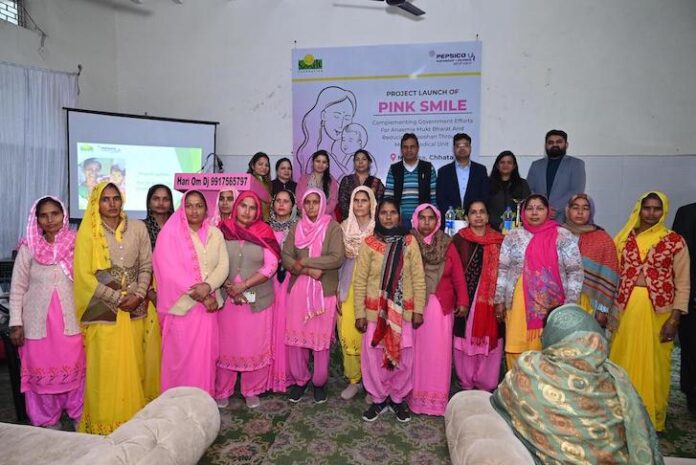New Delhi, India: The ninth edition of Proud Fathers For Daughters, an annual fundraising event by Project Nanhi Kali, took place on January 11 and 12, 2025 at the National Sports Club of India, Worli, Mumbai. The event witnessed an extraordinary turnout of 265 father-daughter duos from across the country, with 527 portraits captured during the two-day event. The proceeds from the event will go towards the education of 527 underserved girls, empowering them with opportunities for a brighter future.
Proud Fathers For Daughters was founded by Anand Mahindra, Chairperson of the Mahindra Group and K.C. Mahindra Education Trust, and renowned photographer Atul Kasbekar to shift societal mindsets towards the girl child and reinforce the importance of gender equality. The event challenges entrenched stereotypes, showcasing fathers not just as caregivers, but as active champions of their daughters’ dreams, ambitions, and independence. It’s a powerful reminder that when fathers support their daughters wholeheartedly, they unlock limitless potential, breaking down barriers for future generations.
Since its inception, Proud Fathers For Daughters has become a symbol of hope and empowerment, creating 2,397 stunning portraits that celebrate a father’s unwavering support for his daughter’s dreams. Each portrait tells a powerful story of love, encouragement, and the belief in a brighter future for all girls. Through the funds raised at the event through the years, Project Nanhi Kali has been able to support the education of over 5,597 underserved girls, giving them the tools to break barriers of inequality, pursue their ambitions, and rewrite their stories.
This year’s theme, “Her First Coach,” drew inspiration from Project Nanhi Kali’s new curriculum, which focuses on 21st-century skills and sports leadership to foster holistic development in girls. The event highlighted the pivotal role fathers play as their daughters’ first guides, mentors, and cheerleaders and encourage fathers to championing their daughters dreams and ambitions.
Renowned photographers Atul Kasbekar, Colston Julian, Jaideep Oberoi, Prasad Naik, Rafique Sayed, Tarun Vishwa, and Tejal Patni generously dedicated their time, talent, and creative expertise to make Proud Fathers For Daughters a truly unforgettable event. These celebrated photographers came together not only to capture tender moments of pride and joy between fathers and daughters but also to champion a transformative cause. By lending their skills to this initiative, they turned every portrait into a cherished memory, while underscoring the power of storytelling through photography to inspire change and drive impact. Their commitment to using their art for social good added a profound depth to the event, amplifying its message of empowerment and hope.
Participants contributed INR 10,000 for a professional father-daughter photoshoot, with each contribution funding the education of one underserved girl for an entire year at Project Nanhi Kali. Beyond providing education and skilling, Project Nanhi Kali’s updated curriculum emphasises leadership through sports, teamwork, and critical thinking, preparing girls to thrive in the 21st-century.
Sheetal Mehta, Executive Director at Project Nanhi Kali and Senior Vice President, CSR, Mahindra, remarked: “At Project Nanhi Kali, we are committed to creating an ecosystem where girls are empowered to dream big. Through our new curriculum, we equip girls with 21st-century skills and sports leadership skills, enabling them to lead and succeed. The theme of this year’s Proud Fathers For Daughters—‘Her First Coach’—beautifully underscores the important role fathers play in shaping their daughters into future leaders. We are deeply touched by the overwhelming response and thank the participants for their unwavering support towards our cause through the years. Not to forget, we extend our heartfelt gratitude to the photographers for their creativity and unwavering support. This edition’s success reaffirms the belief that when families and communities champion a girl’s dreams, the impact is transformative—not just for her, but for society at large.”
Over the years, Proud Fathers For Daughters has seen enthusiastic participation from celebrity father-daughter duos such as Vidya Balan and P.R. Balan, Shatrughan Sinha and Sonakshi Sinha, Sachin Tendulkar and Sara Tendulkar, and Leander Paes and Aiyana Paes, among others.
Disclaimer: This media release is auto-generated. The CSR Journal is not responsible for the content.

